The ketogenic diet, also known as the keto diet, is a low-carb, high-fat diet that has become popular as a weight loss and health improvement tool. The idea behind this diet is to shift the body’s metabolic state from relying on carbohydrates as the main source of energy to relying on fat.
The basic premise of the keto diet is to consume foods that are high in healthy fats, moderate in protein, and low in carbohydrates, with the goal of putting the body into a state of ketosis, where it begins to burn fat for fuel instead of glucose from carbohydrates.
Some common foods consumed on a ketogenic diet include meat, fish, eggs, dairy products, oils and fats, leafy greens, and low-carbohydrate vegetables. On the other hand, foods to be limited or avoided on a keto diet include sugary foods, grains, and starchy vegetables, as well as processed snacks and baked goods.
It is important to note that while the keto diet may provide some health benefits and result in weight loss, it may not be suitable for everyone and should be followed under the supervision of a healthcare provider.
Additionally, it is also essential to consume a balanced and nutrient-dense diet while following the keto diet to avoid any potential health risks.





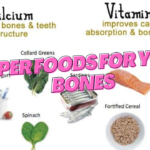
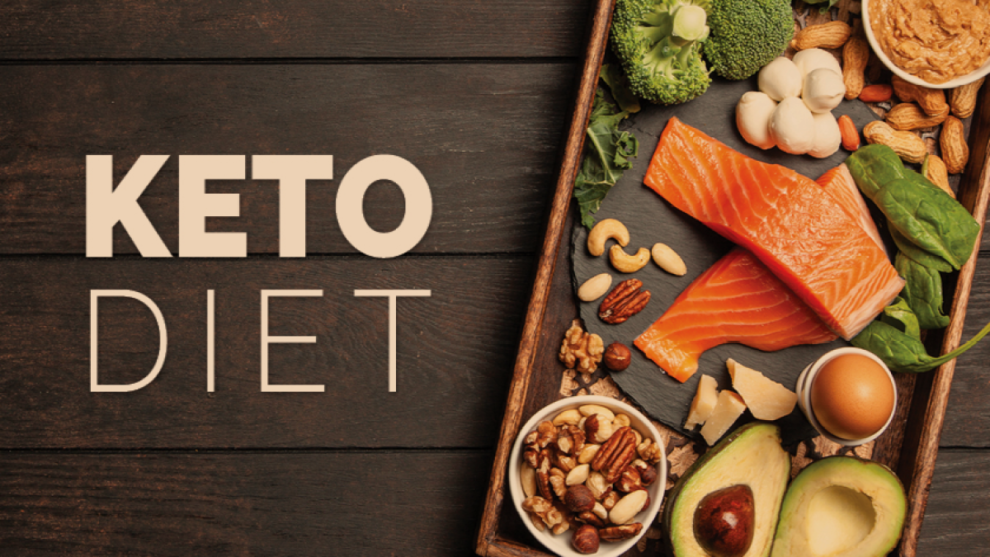
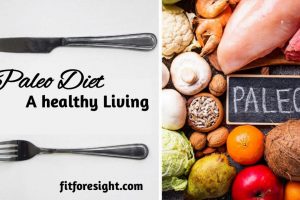
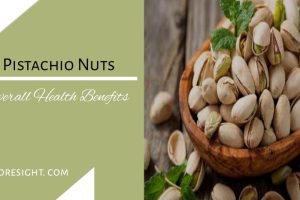
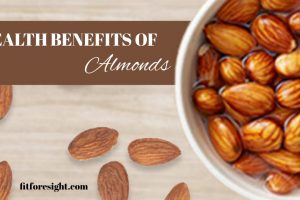















Add Comment